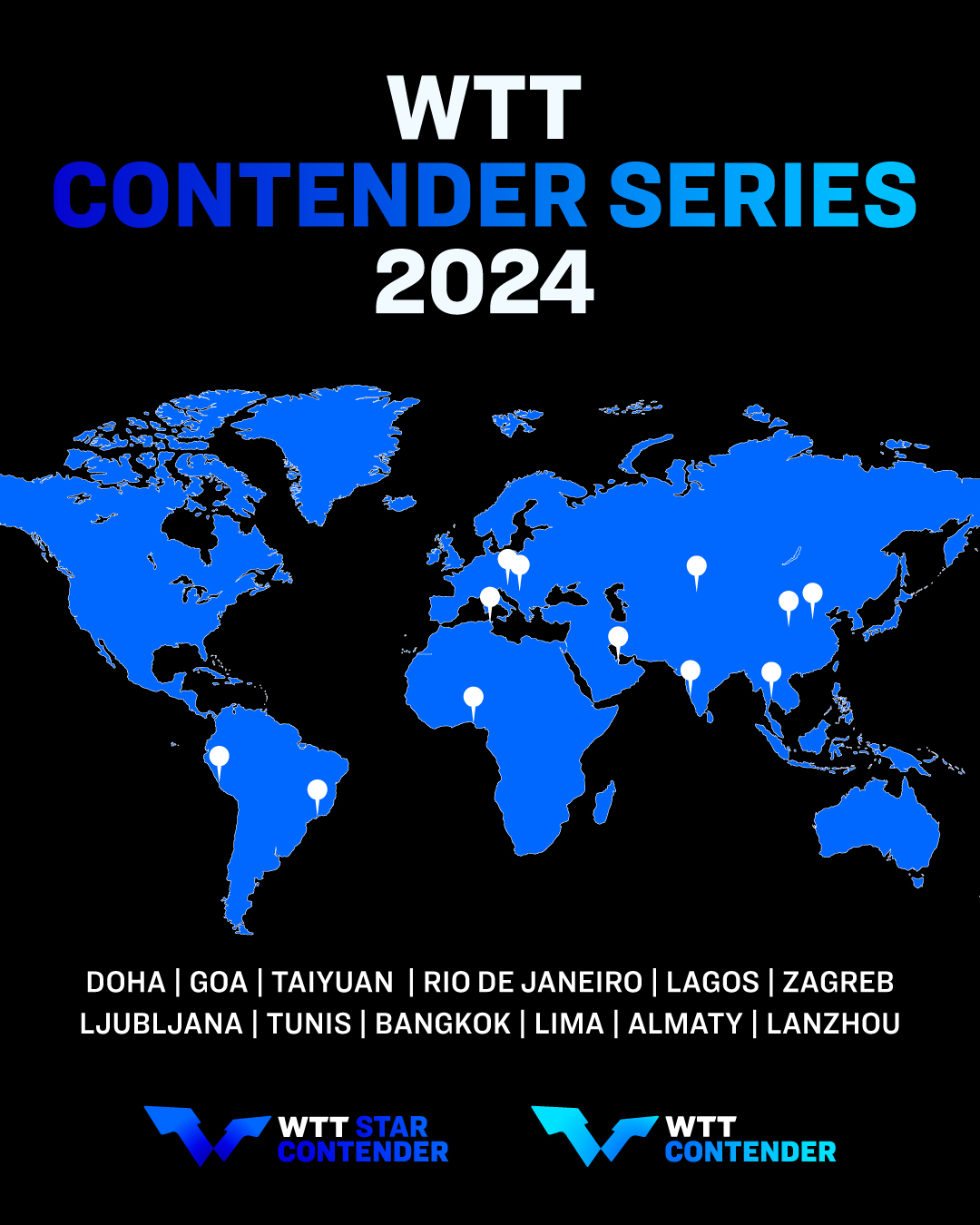ChatGPT And OpenAI: Under The FTC Microscope

Table of Contents
FTC's Concerns Regarding Data Privacy and ChatGPT
The FTC's primary concern centers around OpenAI's handling of user data generated through interactions with ChatGPT. The sheer volume of data collected—from personal information to potentially sensitive details shared during conversations—presents significant data privacy challenges. This raises concerns about potential violations of existing regulations like the General Data Protection Regulation (GDPR) in Europe and the California Consumer Privacy Act (CCPA) in the US.
- OpenAI's data collection practices: The FTC is likely scrutinizing how OpenAI collects, stores, and uses user data. Questions surrounding informed consent, data minimization, and data security are central to the investigation.
- Potential GDPR and CCPA violations: The FTC's investigation will likely assess whether OpenAI's data practices comply with the stringent requirements of GDPR and CCPA. This includes examining whether users have sufficient control over their data and whether OpenAI provides adequate transparency about its data usage policies.
- Ethical implications of data usage: A key ethical concern revolves around the use of user data to train and improve AI models. The FTC will be examining whether OpenAI obtains truly informed consent for the use of this data for purposes beyond the immediate interaction with ChatGPT. The lack of transparency around how this data contributes to the model's ongoing development raises ethical red flags.
- Specific data privacy concerns:
- Sensitive information leakage: The possibility of users inadvertently sharing sensitive personal information, such as medical details or financial data, during conversations with ChatGPT is a significant risk.
- Lack of transparency: The FTC will be assessing the clarity and accessibility of OpenAI's privacy policy and its explanation of data handling practices.
- Data security vulnerabilities: Any weaknesses in OpenAI's data security infrastructure that could lead to breaches or unauthorized access to user data will be under close examination.
Antitrust Implications of OpenAI's Dominance in the AI Market
Beyond data privacy, the FTC is also likely investigating potential antitrust issues related to OpenAI's rapidly growing dominance in the AI market. OpenAI's significant investment and technological lead have positioned it as a major player, raising concerns about potential anti-competitive behavior.
- OpenAI's market position: The FTC will analyze OpenAI's market share and its influence over the development and deployment of large language models (LLMs).
- Stifling innovation: A key concern is whether OpenAI's market position might stifle competition and innovation in the AI sector. Exclusive deals, predatory pricing, or other anti-competitive strategies could hinder the growth of smaller, competing AI companies.
- Potential antitrust lawsuits: The FTC's investigation could potentially lead to antitrust lawsuits or regulatory actions aimed at ensuring fair competition in the AI market.
- Examples of potentially anti-competitive behavior:
- Exclusive partnerships: Deals that grant OpenAI preferential access to data or technology, potentially hindering competitors.
- Predatory pricing: Setting prices below cost to drive out competitors and establish a monopoly.
- Restrictive licensing agreements: Agreements that limit the use or distribution of OpenAI's technology by other companies.
The Future of AI Regulation in Light of the OpenAI/ChatGPT Investigation
The FTC's investigation into OpenAI and ChatGPT has significant implications for the future of AI regulation. The outcome will likely shape the development and deployment of future AI technologies and influence the adoption of responsible AI practices.
- Impact on future AI development: The investigation's outcome will undoubtedly influence how AI companies approach data privacy, transparency, and ethical considerations in their product development and deployment.
- Need for clearer regulatory frameworks: The investigation highlights the urgent need for clearer and more comprehensive regulatory frameworks for AI, especially concerning data privacy and potential anti-competitive behavior.
- Different regulatory approaches: The debate surrounding AI regulation involves discussions of various approaches, from self-regulation by the industry to robust government oversight and the implementation of AI ethics guidelines.
- Potential future regulatory changes:
- Stricter data protection laws: The investigation could lead to stricter regulations regarding the collection, use, and protection of user data for AI development.
- Mandatory AI audits: Regulations may require regular independent audits of AI systems to ensure compliance with data privacy and ethical guidelines.
- Increased transparency requirements: AI companies could be required to provide greater transparency around their algorithms, data usage, and decision-making processes.
Conclusion
The FTC's scrutiny of OpenAI and ChatGPT represents a crucial moment for the AI industry. Concerns about data privacy, antitrust implications, and broader ethical considerations demand careful examination of current practices and proactive measures for future regulation. The outcome of this investigation will have far-reaching consequences for OpenAI, the AI industry as a whole, and the future of how we interact with intelligent technologies.
Call to Action: Stay informed about the ongoing developments in the FTC's investigation into ChatGPT and OpenAI. Understanding the evolving landscape of AI regulation is crucial for developers and users alike. Follow reputable news sources and legal updates to stay abreast of the latest developments surrounding ChatGPT and OpenAI's future.

Featured Posts
-
 The Rising Tide Of Global Forest Loss A Wildfire Crisis
May 22, 2025
The Rising Tide Of Global Forest Loss A Wildfire Crisis
May 22, 2025 -
 Lucy Connollys Appeal Against Racial Hatred Sentence Denied
May 22, 2025
Lucy Connollys Appeal Against Racial Hatred Sentence Denied
May 22, 2025 -
 The Greatest Hot Weather Drink You Ve Never Tried
May 22, 2025
The Greatest Hot Weather Drink You Ve Never Tried
May 22, 2025 -
 Wtt Star Contender Chennai 2025 Snehit Suravajjula Upsets Sharath Kamal In Farewell Match
May 22, 2025
Wtt Star Contender Chennai 2025 Snehit Suravajjula Upsets Sharath Kamal In Farewell Match
May 22, 2025 -
 Saskatchewans Political Landscape And The Debate Over Western Separation
May 22, 2025
Saskatchewans Political Landscape And The Debate Over Western Separation
May 22, 2025
Latest Posts
-
 Casper Residents Unwanted Boat Lift Guests Thousands Of Zebra Mussels
May 22, 2025
Casper Residents Unwanted Boat Lift Guests Thousands Of Zebra Mussels
May 22, 2025 -
 Wyoming Reports Death Of Second Relocated Colorado Gray Wolf
May 22, 2025
Wyoming Reports Death Of Second Relocated Colorado Gray Wolf
May 22, 2025 -
 Second Reintroduced Colorado Gray Wolf Found Dead In Wyoming
May 22, 2025
Second Reintroduced Colorado Gray Wolf Found Dead In Wyoming
May 22, 2025 -
 Zebra Mussel Invasion Casper Boat Lift Infestation Raises Concerns
May 22, 2025
Zebra Mussel Invasion Casper Boat Lift Infestation Raises Concerns
May 22, 2025 -
 Casper Residents Shocking Zebra Mussel Discovery On New Boat Lift
May 22, 2025
Casper Residents Shocking Zebra Mussel Discovery On New Boat Lift
May 22, 2025
